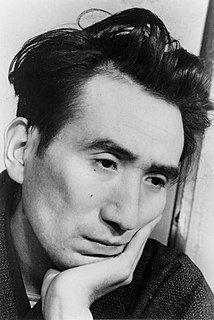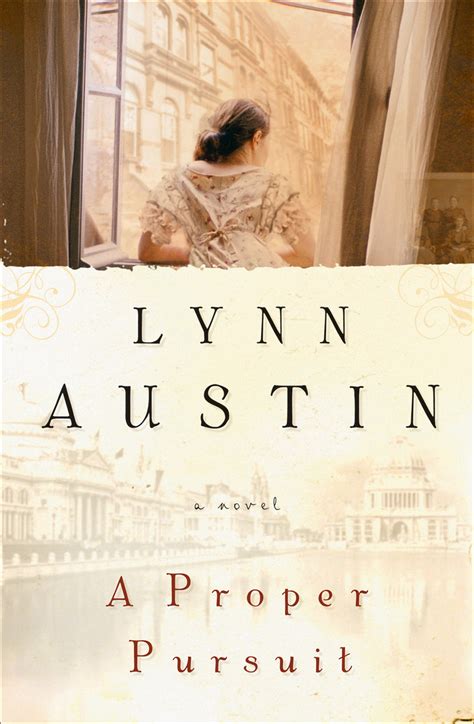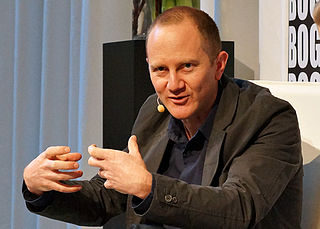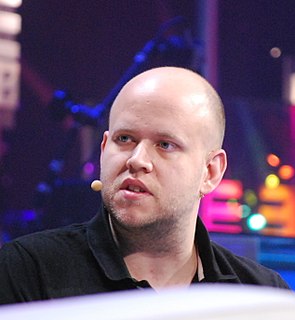A Quote by Paul Goodman
Suppose you had the revolution you are talking and dreaming about. Suppose your side had won, and you had the kind of society you wanted. How would you live, you personally, in that society? Start living that way now!
Related Quotes
Suppose you read about a pill that you could take once a day to reduce anxiety and increase your contentment. Would you take it? Suppose further that the pill has a great variety of side effects, all of them good: increased self-esteem, empathy, and trust; it even improves memory. Suppose, finally, that the pill is all natural and costs nothing. Now would you take it? The pill exists. It is meditation.
Unhappiness. There are all kinds of unhappy people in the world. I suppose it would be no exaggeration to say that the world is composed entirely of unhappy people. But those people can fight their unhappiness with society fairly and squarly, and society for its part easily understands and sympathizes with such struggles. My unhappiness stemmed entirely from my own vices, and I had no way of fighting anybody.
There are always rebels and radicals, I suppose,' McCleethy allows. 'Those who live on the fringes of society. But what do they contribute to the society itself? They reap its rewards without experiencing its costs. No. I submit that loyal, hardworking citizens who push aside their own selfish desires for the good of the whole are the backbone of the world. What if we all decided to run off and live freely without thought or care for society's rules? Our civilization would crumble. There is a joy in duty and a security in knowing one's place...It is the only way.
Suppose you had inherited the same body and temperament and mind that Al Capone had. Suppose you had had his environment and experiences. You would then be precisely what he was. . . . For it is those things - and only those things - that made him what he was. . . . You deserve very little credit for being what you are - and remember, the people who come to you irritated, bigoted, unreasoning, deserve very little discredit for being what they are.
Shebna scraped the tablet clean and began drawing circles in the soft clay. "Suppose you had six figs and you ate two. How many would--" "Four." Hezekiah answered before Shebna finished, and the tutor's thick black eyebrows rose in surprise. "And suppose I had five figs. How many would we--" "Nine." "Have you done this before?" Hezekiah thought the question was ridiculous. "I've eaten figs lots of times.
I was astonished to find that the positions my grandfather had defended were now overgrown and entangled with trees and thorns. I suppose I had developed a sense of reverence for the locations he described in his memoirs and letters - the forts and the high emplacements. I had expected them to have been preserved in some way.
In the pre-capitalist world, everyone had a place. It might not have been a very nice place, even maybe a horrible place, but at least they had some place in the spectrum of the society and they had some kind of a right to live in the place. Now that's inconsistent with capitalism, which denies the right to live. You have only the right to remain on the labour market.
You talk about making this article cheaper by reducing its price in the market from 8 d. to 6 d. But suppose, in so doing, you have rendered your country weaker against a foreign foe; suppose you have demoralized thousands of your fellow-countrymen, and have sown discontent between one class of society and another, your article is tolerably dear, I take it, after all.
Dying well is part of living well and one day our society will surely recognize that. But I suppose we'll only know that we've reached that promised land on the day that the President of the Voluntary Euthanasia Society begins his address to the Annual General Meeting with the words: 'Tremendous news for the society. It's been our most successful year ever. So successful, indeed, that we now have no members at all.






































